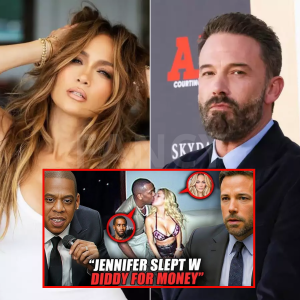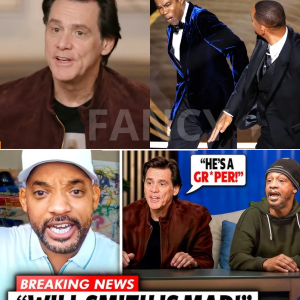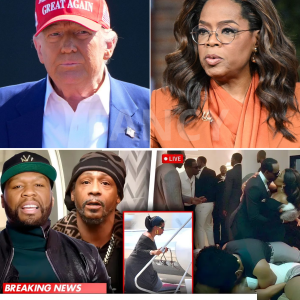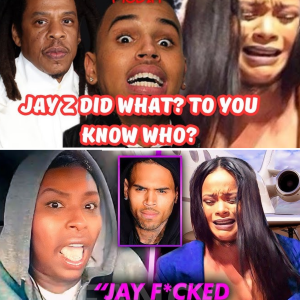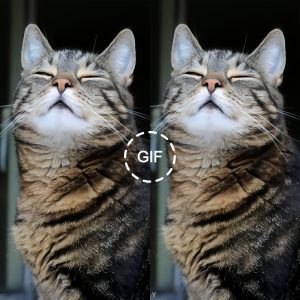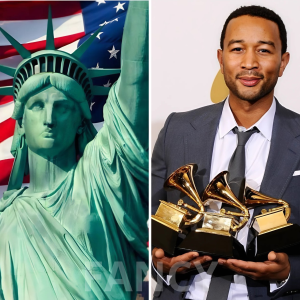In a dramatic twist that has gripped the music industry, Chris Brown and Drake find themselves at the center of a heated legal battle over their hit song No Guidance. The pair, celebrated for their chart-topping collaboration, now face accusations of copyright infringement that question the originality of their work.
The lawsuit, filed by lesser-known artist Brandon Cooper, alleges that No Guidance bears an uncanny resemblance to his 2016 track I Love Your Dress. Cooper accuses the two global superstars of lifting his melody, cadence, and lyrical flow, suggesting a deliberate act of “complacency” in respecting copyright boundaries.
Refusing to back down, Brown and Drake have dismissed the allegations as baseless and opportunistic. Their legal teams argue that the similarities are superficial at best, pointing to the unique production elements and lyrical themes that distinguish No Guidance as a wholly original creation.
A source close to the artists revealed, “This lawsuit is nothing more than a desperate attempt to cash in on their success. Chris and Drake are confident the evidence will speak for itself.”
The Stakes Are High
The stakes in this case extend beyond the courtroom. With No Guidance becoming a cultural phenomenon since its release, a ruling against Brown and Drake could tarnish their reputations and set a controversial precedent in the music industry. The song’s immense popularity—garnering billions of streams—further amplifies the magnitude of this legal confrontation.
Adding fuel to the fire, Cooper’s team claims that the alleged infringement demonstrates a pattern of disregard for up-and-coming artists by industry powerhouses. This accusation has sparked debates about power dynamics in the music industry, with fans and critics alike voicing their opinions.
The Music World Reacts
Social media platforms are abuzz with reactions, as fans of both artists defend their idols while skeptics demand accountability. “Chris and Drake are legends. This is just a small-time artist trying to make a name for himself,” one fan tweeted. Meanwhile, others argue, “If the claims are valid, they should take responsibility. No one is above copyright law.”
Music critics have also weighed in, dissecting the alleged similarities between the two songs. While some note overlapping elements, others argue that such resemblances are common in an industry where creative overlap is inevitable.
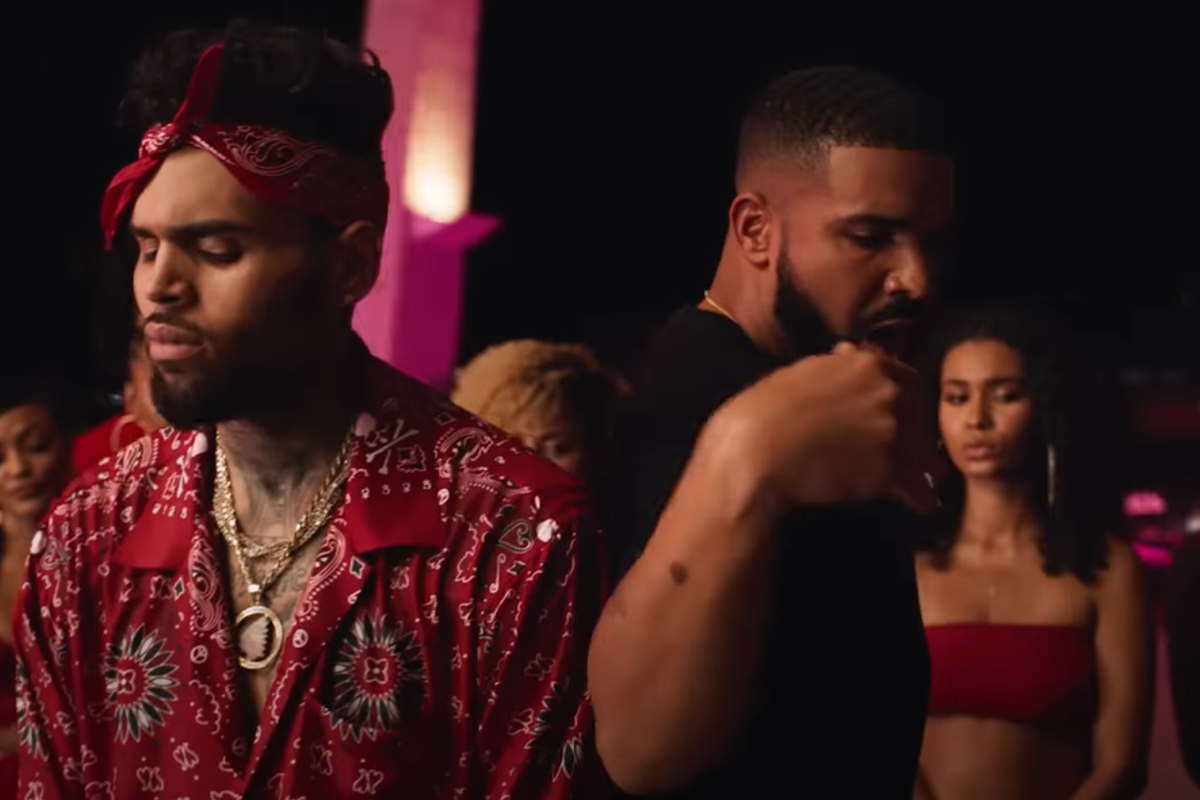
What’s Next?
As the legal drama unfolds, all eyes are on the courtroom where this high-profile case will be decided. Brown and Drake’s response to the allegations not only aims to clear their names but also to reaffirm their standing as trailblazers in the music world.
Will the court side with the global icons, or will this lawsuit expose vulnerabilities in an industry often criticized for its handling of intellectual property rights? One thing is certain: the outcome of this case will reverberate throughout the entertainment world, leaving a lasting impact on how music is created and protected.
Stay tuned as we follow this unfolding legal showdown—one that could redefine the boundaries of artistic inspiration and ownership.

